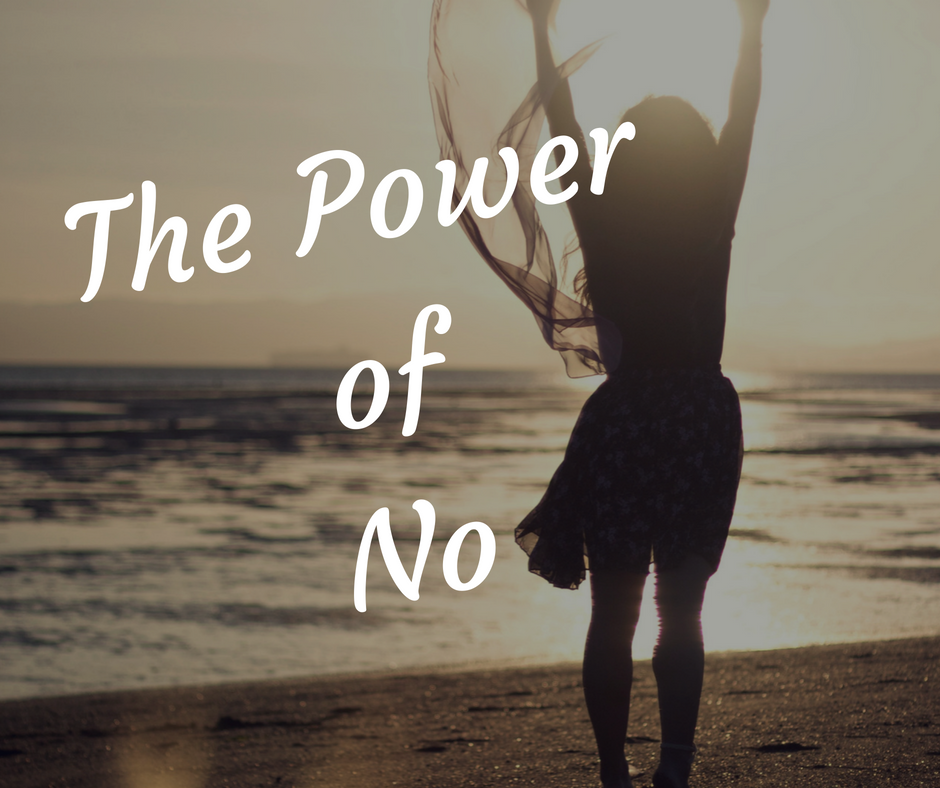
A definitive profitability hack is stating no.
Not accomplishing something will consistently be quicker than doing it. This announcement helps me to remember the old PC programming saying, "Recollect that there is no code quicker than no code."
A similar way of thinking applies to different everyday issues. For instance, there is no gathering that goes quicker than not having a gathering by any means.
This isn't to say you ought to never go to another gathering, however, in all actuality we express yes to numerous things we would prefer really not to do. There are numerous gatherings held that don't should be held. There is a great deal of code composed that could be erased.
How frequently individuals request that you accomplish something and you simply answer, "Of course." after three days, you're overpowered by what amount is on your daily agenda. We become baffled by our commitments despite the fact that we were the ones who said yes to them in any case.
It merits inquiring as to whether things are important. A significant number of them are not, and a straightforward "no" will be more gainful than whatever work the most proficient individual can summon.
In any case, on the off chance that the advantages of saying no are so self-evident, at that point for what reason do we say yes so frequently?
Why We Say Yes
We consent to numerous solicitations not on the grounds that we need to do them, but since we would prefer not to be viewed as impolite, presumptuous, or unhelpful. Frequently, you need to consider disapproving of somebody you will collaborate with again later on—your collaborator, your life partner, your loved ones.
Disapproving of these individuals can be especially troublesome in light of the fact that we like them and need to help them. (Also, we frequently need their assistance as well.) Collaborating with others is a significant component of life. The idea of stressing the relationship exceeds the responsibility within recent memory and vitality.
Therefore, it very well may be useful to be generous in your reaction. Do whatever favours you can, and be kind and direct when you need to state no.
Be that as it may, significantly after we have represented these social contemplations, a large number of regardless we appear to make a less than impressive display of dealing with the tradeoff among yes and no. We wind up over-focused on things that don't seriously improve or bolster everyone around us, and positively don't improve our own lives.
Maybe one issue is the manner by which we consider the significance of yes and no.
The Difference Between Yes and No
The words "yes" and "no" get utilized in contrast with one another so frequently that it feels like they convey equivalent load in the discussion. In all actuality, they are inverse insignificance, yet of completely various extents in responsibility.
At the point when you state no, you are just disapproving of one choice. At the point when you state truly, you are disapproving of each other alternative.
I like how the financial specialist Tim Harford put it, "Each time we express yes to a solicitation, we are likewise disapproving of whatever else we may achieve with the time." Once you have focused on something, you have just chosen how that future square of time will be spent.
At the end of the day, saying no spares you time later on. Saying yes costs you time later on. No is a type of time credit. You hold the capacity to invest your future energy any way you need. Indeed is a type of time obligation. You need to pay back your dedication sooner or later.
No is a choice. Truly is an obligation.
The Role of No
Saying no is here and there observed as an extravagance that just people with great influence can bear. Furthermore, it is valid: turning down circumstances is simpler when you can fall back on the security net gave by influence, cash, and authority. Be that as it may, it is additionally obvious that expression no isn't simply a benefit held for the fruitful among us. It is additionally a procedure that can assist you with getting fruitful.
Saying no is a significant ability to create at any phase of your profession since it holds the most significant resource throughout everyday life: your time. As the financial specialist Pedro Sorrentino put it, "On the off chance that you don't monitor your time, individuals will take it from you."
You have to disapprove of anything that isn't driving you toward your objectives. You have to disapprove of interruptions. As one peruser let me know, "On the off chance that you widen the definition with respect to how you apply no, it really is the main profitability hack (as you, at last, disapprove of any interruption so as to be gainful)."
No one epitomized this thought superior to Steve Jobs, who stated, "Individuals think centre methods saying yes to the thing you must concentrate on. In any case, that is not what it implies by any stretch of the imagination. It means disapproving of the hundred other smart thoughts that there are. You need to pick cautiously."
There is a significant parity to strike here. Saying no doesn't mean you'll never do anything fascinating or inventive or unconstrained. It just implies that you state yes in a concentrated manner. When you have taken out the interruptions, it can bode well to express yes to any open door that might move you the correct way. You may need to attempt numerous things to find what works and what you appreciate. This time of investigation can be especially significant toward the start of an undertaking, employment, or profession.
Redesigning Your No
After some time, as you proceed to improve and succeed, your system needs to change.
The open door cost of your time increments as you become increasingly effective. From the start, you simply take out the conspicuous interruptions and investigate the rest. As your abilities improve and you figure out how to isolate what functions from what doesn't, you need to ceaselessly expand your limit for saying yes.
Despite everything you have to disapprove of interruptions, yet you likewise need to figure out how to disapprove of chances that were beforehand great employments of time, so you can make space for incredible employments of time. It's a decent issue to have, however it tends to be an intense ability to ace.
At the end of the day, you need to overhaul your "no's" after some time.
Overhauling your no doesn't mean you'll never say yes. It just means you default to stating no and possibly state yes when it truly bodes well. To cite the financial specialist Brent Beshore, "Saying no is so amazing in light of the fact that it safeguards the chance to state yes."
The general pattern is by all accounts something like this: If you can figure out how to disapprove of awful interruptions, at that point, in the end, you'll gain the privilege to disapprove of good chances.
The most effective method to Say No
The greater part of us rush to state yes and too delayed to even think about saying no. It merits asking yourself where you fall on that range.
On the off chance that you experience difficulty saying no, you may locate the accompanying procedure proposed by Tim Harford, the British market analyst I referenced before, to be useful. He states, "One stunt is to ask, "On the off chance that I needed to do this today, would I consent to it?" It's not an awful dependable guideline, since any future responsibility, regardless of the distance away it may be, will, in the long run, become an inescapable issue."
In the event that an open door is energizing enough to drop anything that you're doing well now, at that point it's a yes. On the off chance that it's not, at that point maybe you should reconsider.
This is like the notable "Hellfire Yeah or No" strategy from Derek Sivers. On the off chance that somebody requests that you accomplish something and your first response is "Hellfire Yeah!", at that point do it. In the event that it doesn't energize you, at that point say no.
It's difficult to make sure to ask yourself these inquiries each time you face a choice, however, it's as yet a helpful exercise to return to every once in a while. Saying no can be troublesome, yet it is frequently simpler than the other option. As author Mike Dariano has brought up, "It's simpler to maintain a strategic distance from responsibilities than escape duties. Saying no keeps you toward the simpler finish of this range."
What is valid about wellbeing is additionally valid about profitability: an ounce of anticipation merits a pound of a fix.
The Power of No
More exertion is squandered accomplishing things that don't make a difference than is squandered accomplishing things wastefully. What's more, if that is the situation, disposal is a more helpful ability than advancement.

